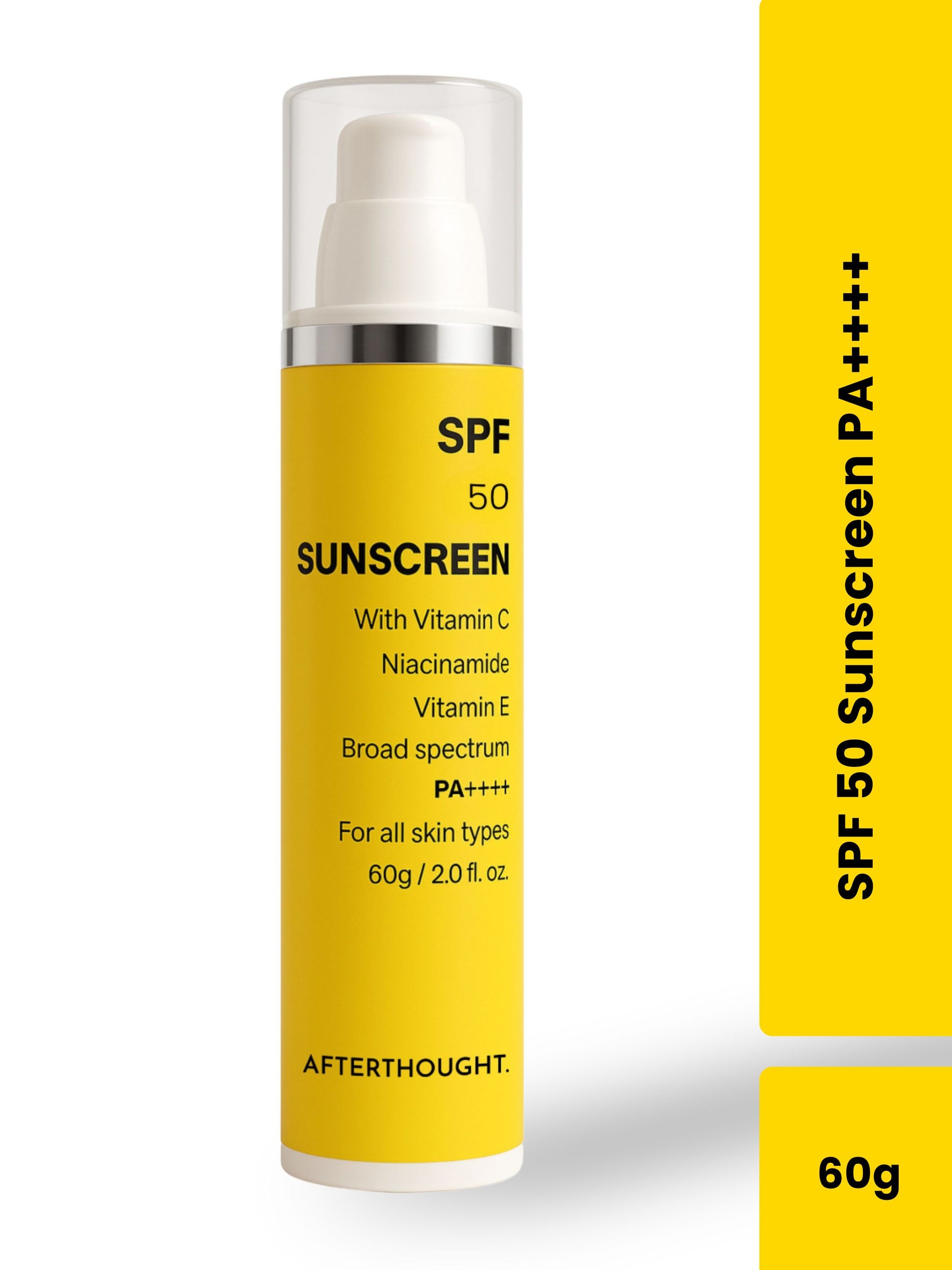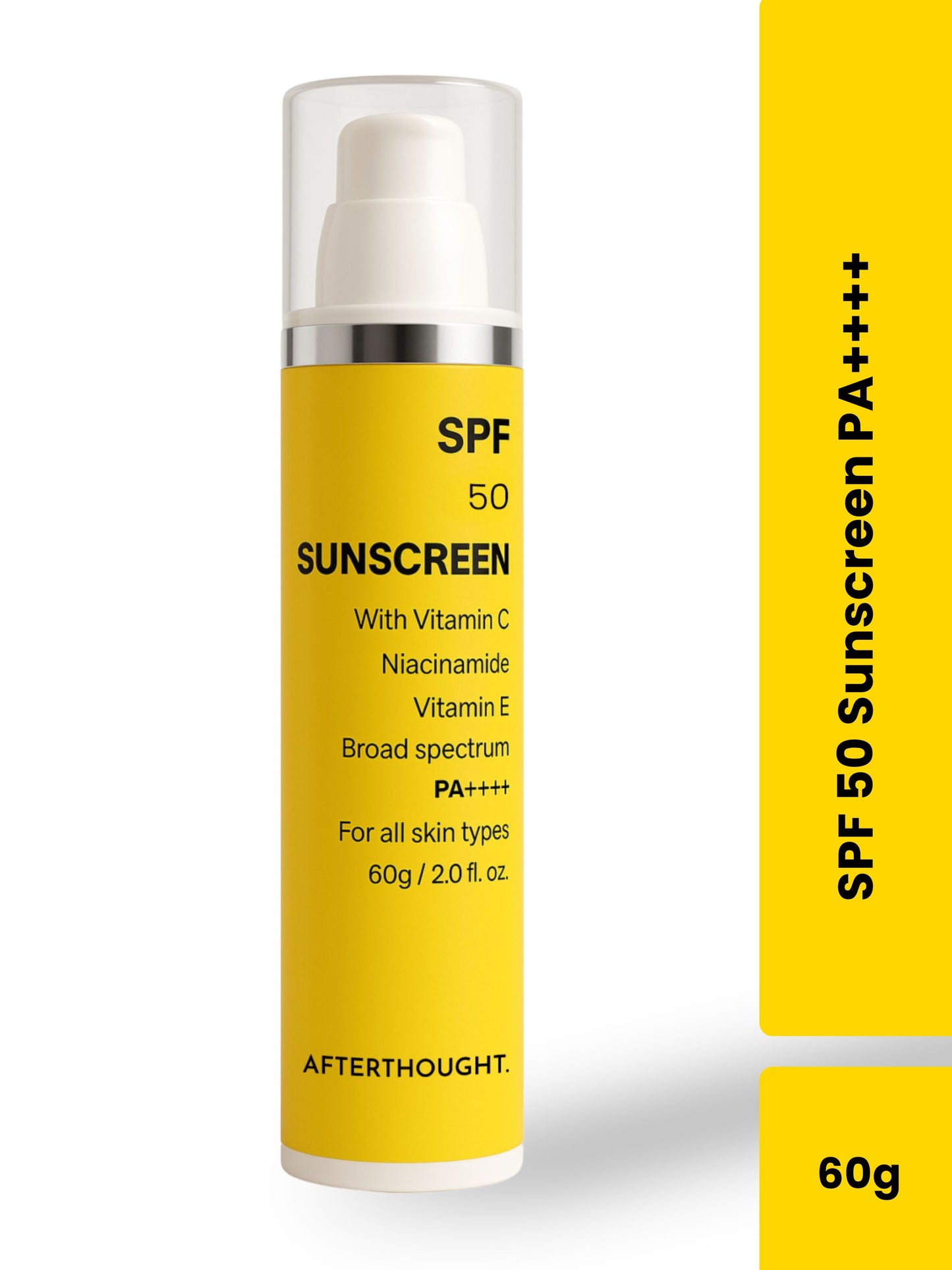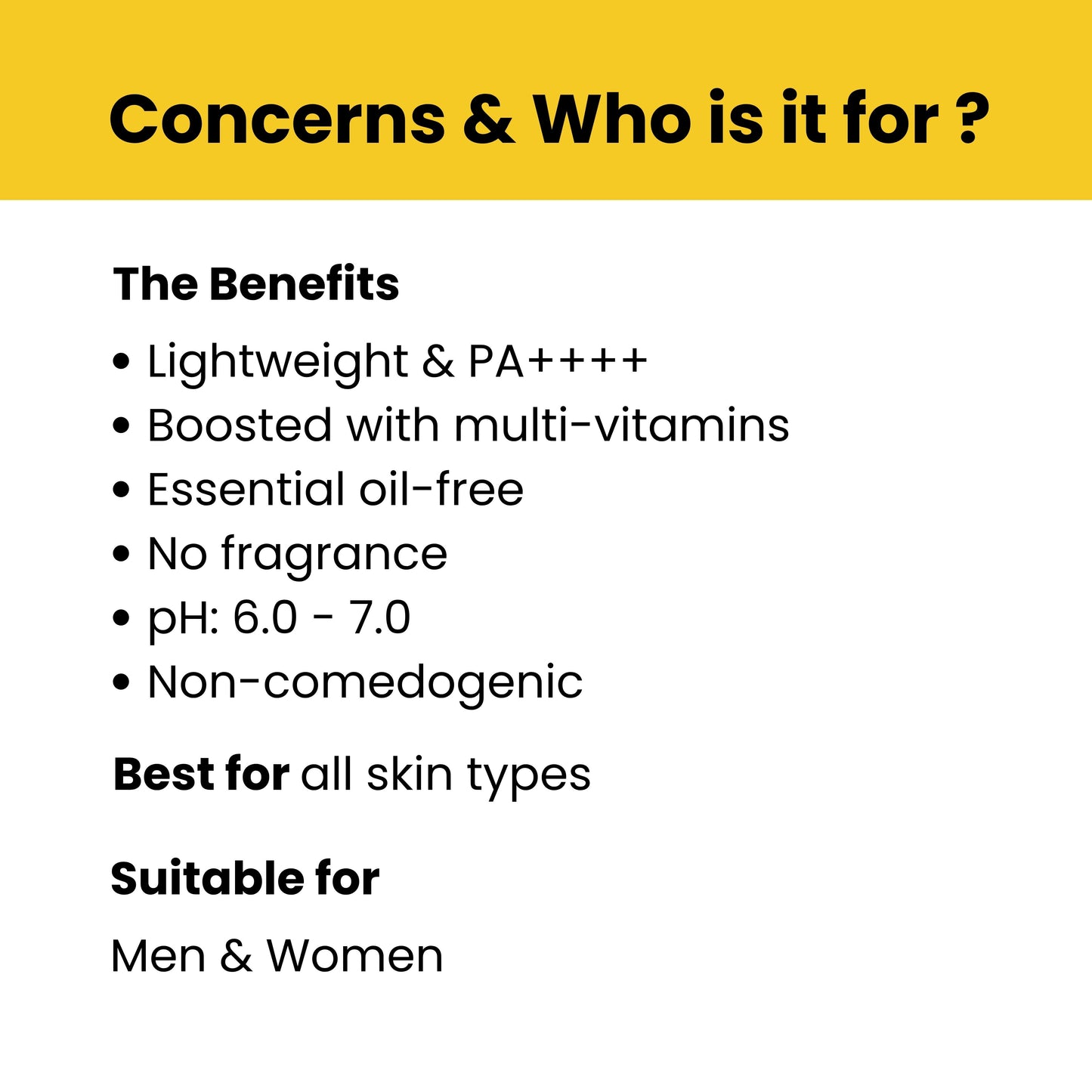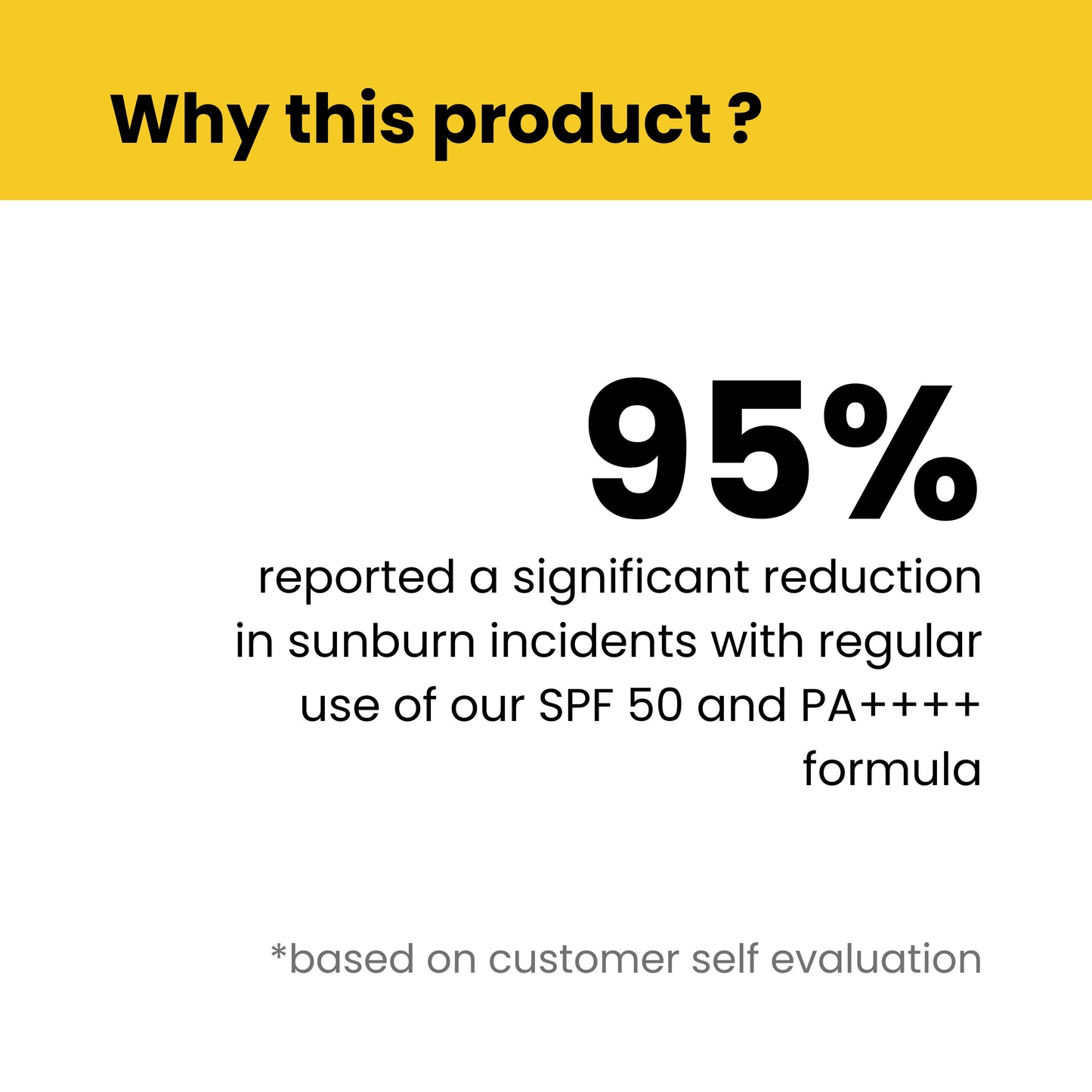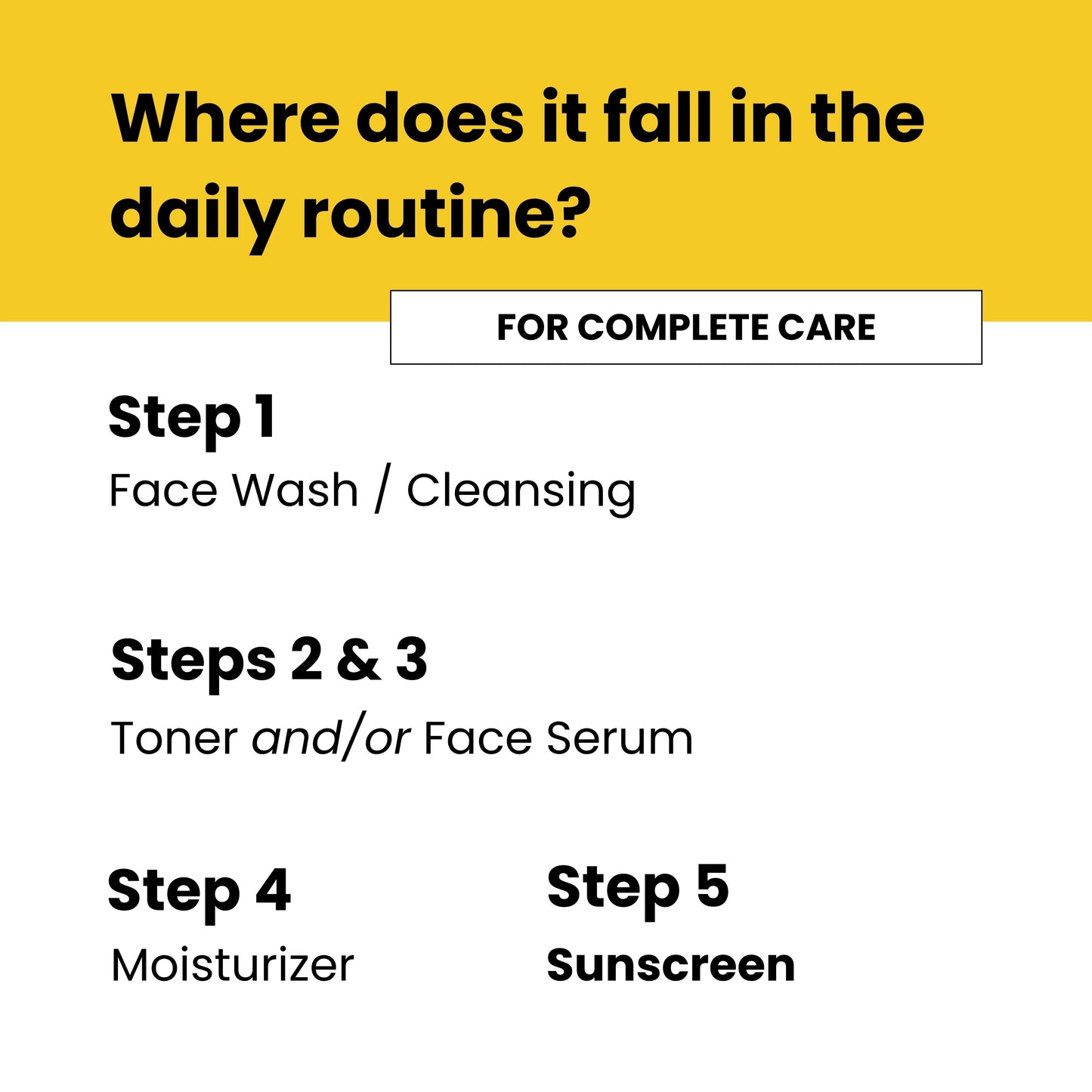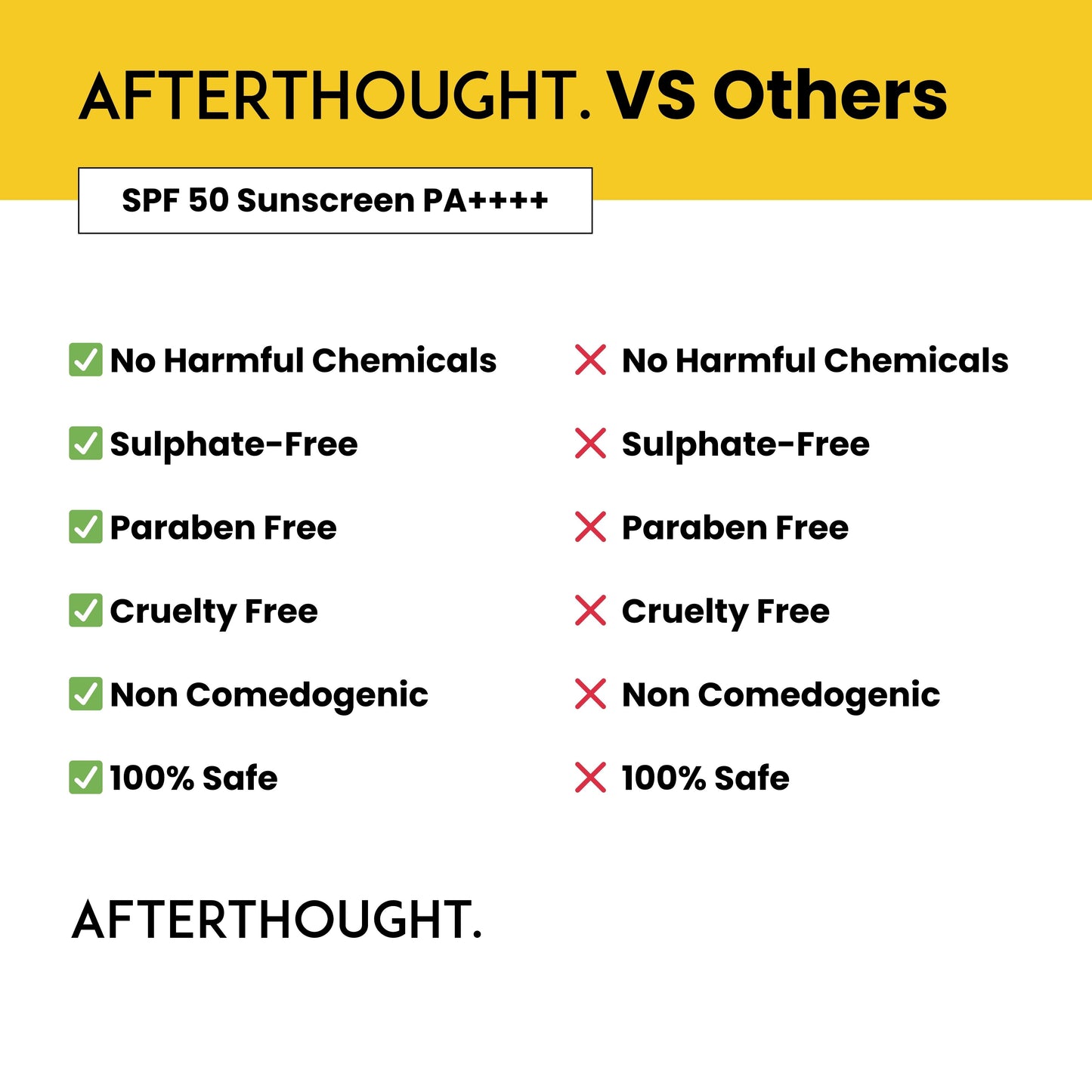Is Tinted Sunscreen Bad For Your Skin?
Tinted sunscreens are sunscreens that contain pigments, often iron oxides, which provide a subtle tint to the skin. These pigments help to even out skin tone, camouflage imperfections, and provide a light coverage similar to that of a tinted moisturizer or foundation.
The primary function of any sunscreen is to protect the skin from the harmful effects of ultraviolet (UV) radiation from the sun, which can lead to premature aging, sunburn, and skin cancer. Tinted sunscreens offer the same protection but with the added benefit of a cosmetic tint.
The Benefits of Tinted Sunscreen
Broad-Spectrum Protection
Tinted sunscreens, like their non-tinted counterparts, offer broad-spectrum protection, meaning they shield the skin from both UVA and UVB rays. UVA rays are primarily responsible for premature aging and skin damage, while UVB rays cause sunburn. By blocking both types of rays, tinted sunscreens help prevent skin damage and reduce the risk of skin cancer.
Protection Against Visible Light
One of the significant advantages of tinted sunscreens is their ability to protect against visible light, including blue light emitted by electronic devices. Iron oxides, the pigments commonly used in tinted sunscreens, have been shown to offer protection against visible light, which can contribute to hyperpigmentation and worsen conditions like melasma. This makes tinted sunscreens particularly beneficial for individuals with hyperpigmentation or those who are concerned about the effects of blue light on their skin.
Even Skin Tone
The tint in these sunscreens helps to even out skin tone by covering redness, blemishes, and other imperfections. This dual functionality can be especially appealing for those looking to simplify their skincare routine, as it eliminates the need for a separate foundation or tinted moisturizer.
Cosmetic Appeal
Tinted sunscreens offer a natural-looking finish that can enhance the appearance of the skin without the need for heavy makeup. This can be particularly appealing for those who prefer a minimalist approach to their beauty routine or who want a more natural look.
Potential Risks and Considerations
Pore Clogging
Some tinted sunscreens may contain ingredients that can clog pores, leading to breakouts or acne, especially in individuals with oily or acne-prone skin. It’s essential to choose a tinted sunscreen that is non-comedogenic, meaning it won’t clog pores. Additionally, thoroughly cleansing the skin at the end of the day can help prevent clogged pores and breakouts.
Limited Shade Range
The shade range of tinted sunscreens can be limited, which may not accommodate all skin tones. If the tint doesn’t match your skin tone, it can create an unnatural appearance or leave a visible residue on the skin. It’s important to test the product on your skin to ensure it blends seamlessly with your complexion.
Potential for Irritation
As with any skincare product, some individuals may experience irritation or allergic reactions to certain ingredients in tinted sunscreens. Iron oxides and other pigments, while generally safe, can cause sensitivity in some people. If you have sensitive skin, it’s a good idea to perform a patch test before using a new tinted sunscreen to ensure it doesn’t cause irritation.
Reapplication Challenges
Like all sunscreens, tinted sunscreens need to be reapplied every two hours when exposed to sunlight for extended periods. However, reapplying a tinted product over makeup or throughout the day can be challenging and may not always provide consistent protection. Some people may find it difficult to maintain even coverage when reapplying, which could reduce the effectiveness of the sunscreen.
Choosing the Right Tinted Sunscreen
To maximize the benefits of tinted sunscreen while minimizing potential risks, consider the following tips:
- Check the SPF Rating: Ensure that the tinted sunscreen offers a high SPF (Sun Protection Factor) of at least 30, which is recommended by dermatologists for adequate protection against UV rays.
- Look for Broad-Spectrum Protection: Choose a product labeled as broad-spectrum, which means it protects against both UVA and UVB rays.
- Opt for Non-Comedogenic Formulas: If you have oily or acne-prone skin, look for a non-comedogenic formula to reduce the risk of clogged pores and breakouts.
- Test the Shade: Before purchasing, test the shade on your skin to ensure it matches your complexion and blends well without leaving a noticeable residue.
- Consider Your Skin Type: Choose a formula that suits your skin type, whether it’s oily, dry, sensitive, or combination. For sensitive skin, look for fragrance-free and hypoallergenic options.
- Patch Test: If you have sensitive skin or are prone to allergies, perform a patch test before using the product on your face.
Conclusion: Is Tinted Sunscreen Bad for Your Skin?
Tinted sunscreen is not inherently bad for your skin. In fact, it offers several benefits, including sun protection, protection against visible light, and a more even skin tone. However, like any skincare product, it’s important to choose the right formula for your skin type and needs, and to be mindful of potential risks, such as clogged pores or irritation.
When used correctly, tinted sunscreen can be a valuable addition to your skincare routine, providing both sun protection and a natural-looking finish. By selecting a high-quality product that suits your skin type and performing regular reapplication, you can enjoy the benefits of tinted sunscreen without compromising your skin’s health.
Also Read: What Is Water Based Sunscreen?


